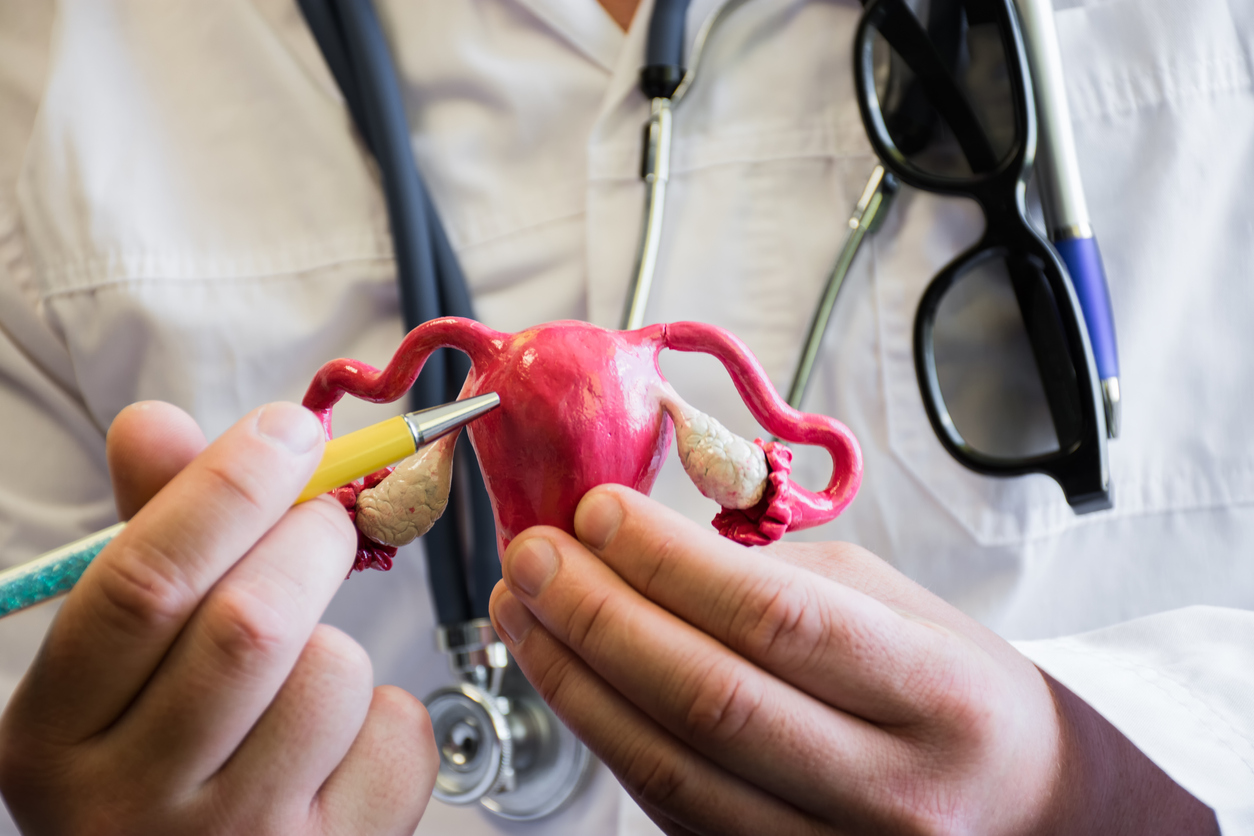
What is DHEA?
DHEA is a supplement that is a mild androgenic male hormone “dihydroepiandrosterone”. It is made naturally in the human body by the adrenal glands, the glands that sit on top of the kidneys and produce hormones in response to stress. In our bodies it is converted into the hormones oestrogen and testosterone.
Why is DHEA being used in fertility clinics?
DHEA may improve the chances of pregnancy in women with low egg reserves. Low egg reserve means that you don’t have many eggs left and is a normal situation for women over 40 years. It can also happen in younger women and is then called premature ovarian failure or premature ovarian ageing. Low egg reserve is detected when the AMH blood level is low for a woman’s age or the FSH hormone is high, or when they do not respond well in IVF and only grow a few eggs. Low egg reserve is a natural situation in older women because eggs die off or are used up every month and the number of eggs left in the ovary decreases steadily over a woman’s reproductive lifetime.
Who should take DHEA?
Currently we advise DHEA supplementation if you are over the age of 40, or have confirmed poor ovarian response, or have been diagnosed with low egg reserve or unexplained infertility.
At the present time there are only a limited number of studies from a small number of clinics to evaluate DHEA effects. There is also no information on the safety of using DHEA in regard to possible effects on a growing fetus. Also, the studies have only been looking at older women (40 to 44) and younger women (35 to 39) with documented decreased egg reserve. It is not known if younger women or women with premature ovarian failure might benefit.
Further studies to look at these areas are awaited. In the meantime DHEA seems to be a safe option for women over 40 going through fertility treatments, or younger women with documented low egg reserve for their age
How might DHEA work?
DHEA levels in the blood stream become lower with age and also in some medical conditions. DHEA has lots of possible actions in the body. In the ovaries it is involved in the regulation of follicular growth and hence egg growth.
The theory behind DHEA is that perhaps the ovary has not run out of eggs in women with low “egg reserve” but instead has become unable to make the essential hormones that promote egg maturity in the follicles. Supplementation might “give back” this essential hormone to some women. In this way it may be helping the ovary become more healthy and better able to grow and mature good quality eggs.
What is the scientific evidence so far on DHEA?
Two studies in 2010 reported improved pregnancy rates in DHEA users whilst a study in 2013 failed to find any benefit. In 2010 a large study in a group of women having IVF reported a 23.1% pregnancy rate in DHEA users versus a 4.0% rate in non users. Another report in 2010 reported 47.4% in users vs. 10.5% in none users. It also reported increased follicles, mature eggs, better embryo quality and fewer cycle cancellations. However a study in 2013 of 208 women with low egg reserve going through IVF found that the pregnancy rate was the same in both DHEA and non-DHEA users.
How is DHEA used?
DHEA is a tablet (classed as a dietary supplement) that is available without a prescription. The normal dose is between 25-75mg daily. We recommend 25mg three times a day. If you are having IVF treatment we recommend starting your DHEA 6 weeks before your IVF cycle. For other people DHEA starts working within 1-3 months
Is DHEA safe?
DHEA seems to have very few side effects. It can cause temporary oily skin and acne or break outs. In rare cases hair loss or facial hair growth have been reported. A lot of women feel well on DHEA, reporting including increased feeling of well-being, improved memory and improved strength and sex drive.
No side effects or abnormalities have been seen in pregnancies, however there have been very few women taking DHEA in pregnancy and there is always the possibility that any drug or supplement used in pregnancy might have an effect on the developing fetus. There is some scientific evidence that women using DHEA may have a lower chance of miscarriage, but further studies are needed to confirm this.